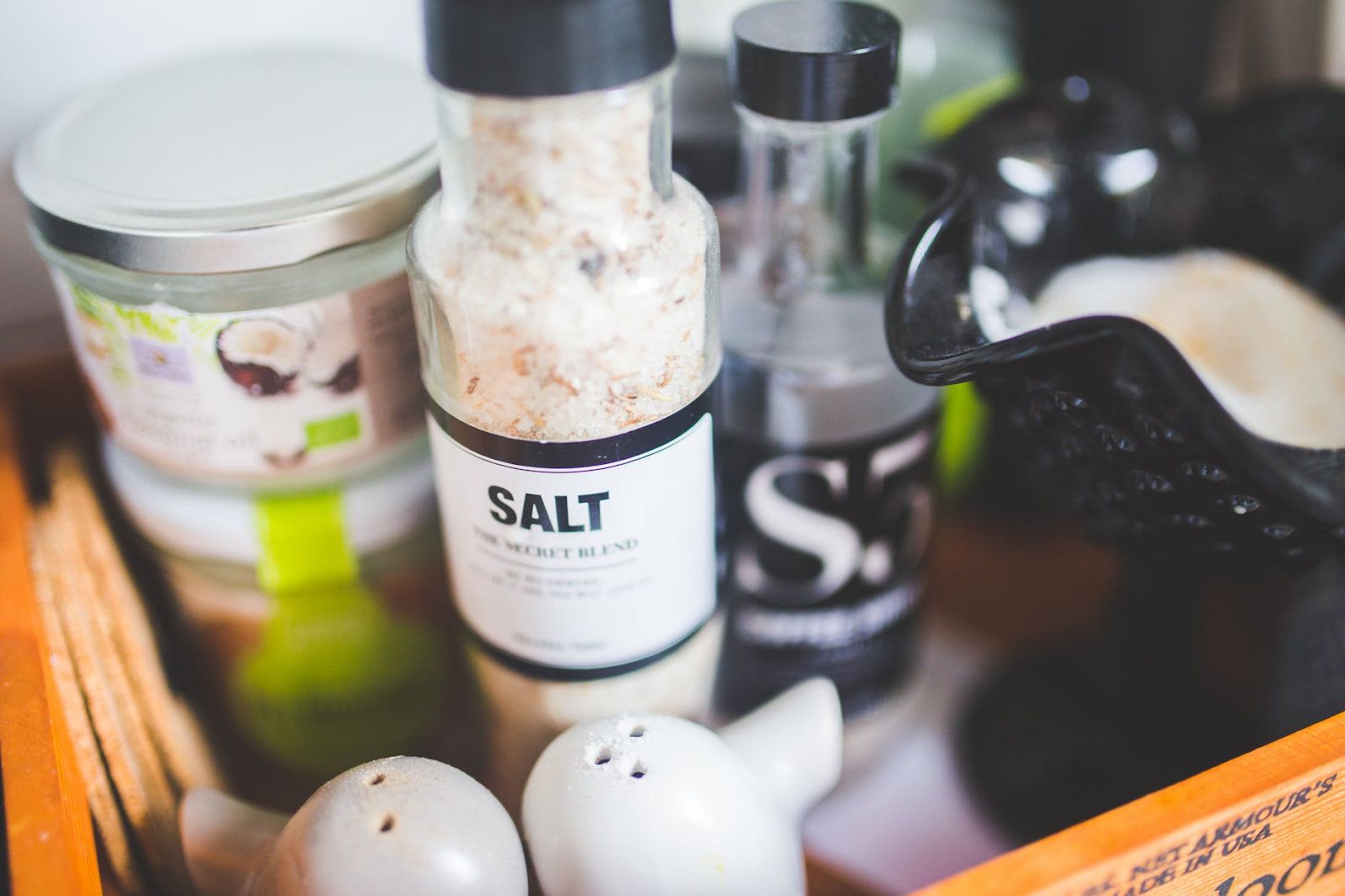
History Of The King Coconut In Sri Lanka 6s6ch
The King coconut is native to Sri Lanka, and its coconut water has sweet, rich taste. The history of the coconut on the island is just as rich.
The first coconut plantation in Sri Lanka came during the rule of Aggabodhi I sometime between 571 and the 604 A.D. The King coconut specifically was harvested for its high water content. The liquid could be drank straight out of the nut and was a refreshing beverage.
When the British colonized the island in the 1800s, the coconut production rate increased exponentially. The North-West of Sri Lanka saw the greatest growth in coconut harvests. Coconut acreages more than tripled in the mid to late 19th century; the number of acres went from 250,000 in the 1860s to 850,000 in the 1910s.
Some King coconuts, especially the more mature ones, have fibers on the husk known as coir. These fibers were one of the goods Sri Lanka would export overseas. In 1853, 2,380 tons of coir had been exported. Coir could be used to make broom hairs, rope, mats, brushes, and mattresses.
In the 1880s, a man named Alexander P. Ashbourne patented a way to make refined coconut oil for domestic use. Refined coconut oil, unlike normal coconut oil, could be made from copra (dried coconut meat). This process would keep the coconut flavor intact for years without change. In part because of Ashbourne contributions, coconut oil became a common export from Sri Lanka. A century after Ashbourne’s patent, Sri Lanka exported 64,000 metric tons of coconut oil.
Around the early 1900s, British working class citizens were craving candy, and the need for an affordable ingredient rose. Sri Lanka rose to the task and became a lead exporter in desiccated coconut. Desiccated coconut is grated coconut meat heated on steam tables. The method kept the coconut meat from going rancid and was able to be shipped to the U.K. to be used for food purposes. By 1900, Sri Lanka exported 60,000 tons of desiccated coconut. By 1985, this number was 52,000 metric tons.
Today, Sri Lanka is the leader of King coconut yields and produces the orange nut with little human intervention. The water of the King coconut is particularly high in electrolyte and antioxidants and has a sweet taste thanks to the natural levels of sucrose and fructose inside.
Eliya is the producer of organic King Coconut Water. Bottled in Sri Lanka, the name “Eliya” in the native language means “light”. When compared to other coconut water brands, the makers of King coconut water work hard to create an environmentally friendly, all-natural, and humane product. Eliya’s King coconut water allows people around the world to taste sweet tropical flavors in the comfort of their own homes. Eliya wants everyone to see the light in just how good a coconut water can be.
Want more? Follow us on Instagram @eliyanyc for the latest and greatest! #herecomestheking






